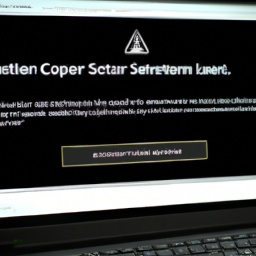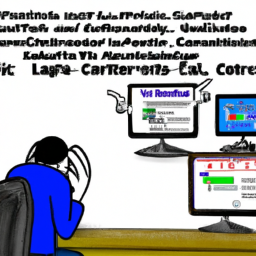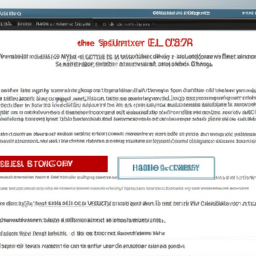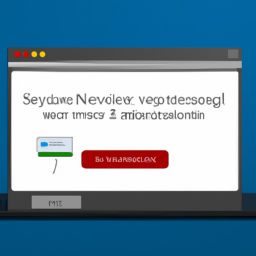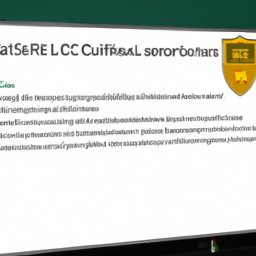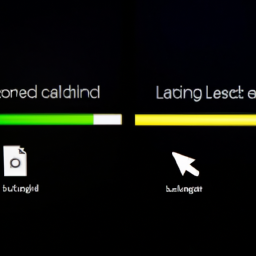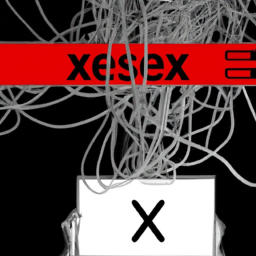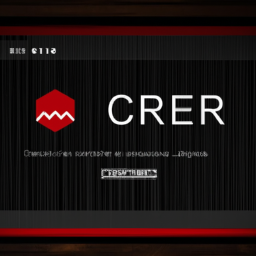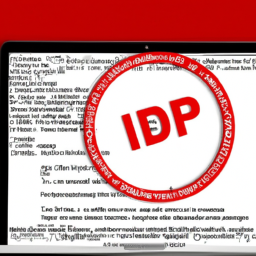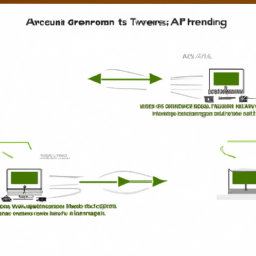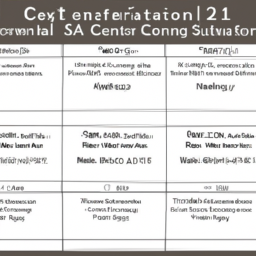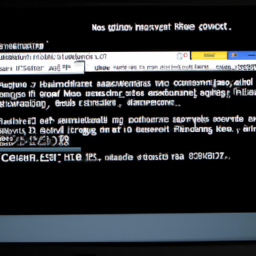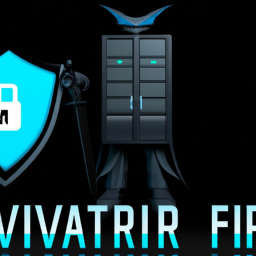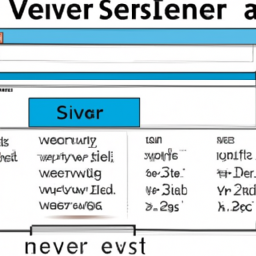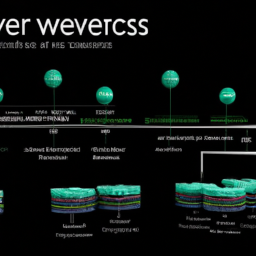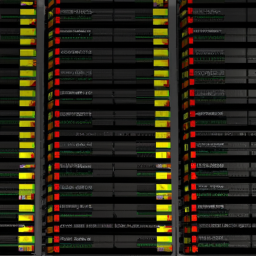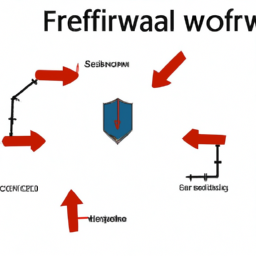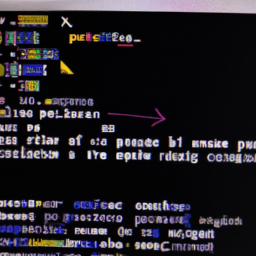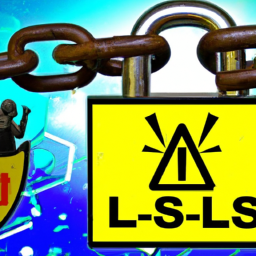Are you experiencing disk space issues with your web hosting? Don’t worry, troubleshooting these issues can be a breeze with our step-by-step guide.
In this article, we will walk you through the process of resolving disk space problems in your web hosting environment. By following our simple yet effective techniques, you will be able to free up valuable disk space and optimize your website’s performance.
First, we will show you how to check your disk usage and identify any unnecessary files and folders that can be deleted.
Then, we will guide you on how to optimize your website’s media files to further reduce disk space usage.
Additionally, we will introduce you to various disk space management tools that can automate this process for you.
If necessary, we will also discuss the option of upgrading your web hosting plan to accommodate your growing needs.
And finally, we will emphasize the importance of seeking assistance from your web hosting provider when tackling complex disk space issues.
So let’s get started and troubleshoot those disk space problems together!
Key Takeaways
- Seek assistance from your web hosting provider for complex disk space issues
- Support forums and online communities can provide solutions and advice for troubleshooting disk space issues
- Analyze storage consumption to identify unnecessary files and folders for deletion
- Optimize media files by compressing images and minifying CSS and JavaScript to reduce disk space usage and improve website performance
Check your disk usage
Make sure to check your disk usage regularly to prevent any potential issues. Analyzing disk usage patterns can help you identify any abnormal spikes or trends that may be impacting your web hosting. By implementing disk space quotas, you can allocate specific limits for each user or application, ensuring that no one exceeds their allocated space.
This is especially useful in shared hosting environments where multiple users are utilizing the same resources. Monitoring disk usage and implementing quotas can help you manage your disk space effectively and avoid unexpected storage shortages.
Once you’ve analyzed your disk usage and set up quotas, the next step is to delete unnecessary files and folders. This’ll free up valuable space and further optimize your web hosting environment.
Delete unnecessary files and folders
To free up more storage on your web hosting, start by getting rid of any unnecessary files and folders that are taking up valuable space. Analyzing storage consumption is the first step in identifying which files and folders can be deleted.
Look for large files or directories that aren’t needed anymore, such as old backups, logs, or unused plugins. Implementing data compression is another effective way to reduce file size without losing quality. You can use tools like gzip or Brotli to compress HTML, CSS, and JavaScript files, as well as images and videos.
By reducing the size of your files, you can significantly free up storage space on your web hosting.
Now, let’s move on to optimizing your website’s media files.
Optimize your website’s media files
Enhancing your website’s media files can significantly improve its performance and storage efficiency. By compressing images and minifying CSS and JavaScript, you can reduce the file sizes without sacrificing quality or functionality. This optimization process not only saves disk space but also enhances your website’s loading speed, providing a better user experience.
To optimize your media files, consider using the following techniques:
| Technique | Description |
|---|---|
| Compress Images | Reduce the file size of your images without compromising their visual quality. Use tools like TinyPNG or JPEGmini to automatically compress your images. |
| Minify CSS | Remove unnecessary characters, whitespace, and comments from your CSS files to reduce their size. Tools like CSS Minifier can help you with this process. |
| Minify JavaScript | Similar to minifying CSS, minifying JavaScript removes unnecessary characters and whitespace, making your JavaScript files smaller. Tools like UglifyJS can assist with this task. |
By optimizing your website’s media files, you can free up valuable disk space and improve overall performance. To further manage your disk space, you can utilize various tools that help you identify and clean up unnecessary files and folders.
Utilize disk space management tools
Are you struggling with managing the storage capacity of your website? Why not try utilizing disk space management tools to effortlessly handle this task?
Disk cleanup techniques are essential to effectively manage your website’s disk space. These tools allow you to identify and remove unnecessary files, freeing up valuable storage space. You can use disk cleanup tools to delete temporary files, such as cache files or log files, which can quickly accumulate and consume a significant amount of disk space.
By regularly performing disk cleanup, you can optimize your website’s performance and ensure that you have ample space for your content. Once you’ve implemented these disk cleanup techniques, it’s time to consider the next step: upgrading your web hosting plan to further expand your storage capacity and accommodate your growing website needs.
Upgrade your web hosting plan
Looking to expand your website’s storage capacity? Consider upgrading your web hosting plan to accommodate your growing needs and ensure seamless performance. Upgrading your plan allows you to access more disk space, providing ample room for your files, databases, and other content. Additionally, it offers several benefits of migrating to a cloud-based hosting solution. Cloud hosting provides scalability, allowing you to easily increase or decrease your resources based on demand. It also offers enhanced reliability and security, as your data is stored across multiple servers. When choosing a web hosting provider for your business, there are a few factors to consider. Look for providers that offer sufficient disk space, reliable uptime, excellent customer support, and competitive pricing. By upgrading your web hosting plan, you can optimize your website’s performance and handle increased traffic effectively. To further enhance your troubleshooting process, seek assistance from your web hosting provider.
Seek assistance from your web hosting provider
If you’re experiencing any technical difficulties or have questions about your web hosting, don’t hesitate to reach out to your provider for expert assistance. Seeking help from your web hosting provider is a reliable way to troubleshoot disk space issues.
Here are some steps to take when seeking assistance:
-
Investigate support forums: Many web hosting providers have online forums where users can ask questions and find answers to common issues. Browse through these forums to see if others have experienced similar disk space problems and if solutions are available.
-
Seek help from online communities: Online communities, such as Reddit or Stack Overflow, can be valuable resources for finding assistance with web hosting issues. Post your question and provide details about your disk space problem to get advice from experienced users or web hosting professionals.
-
Contact customer support: Your web hosting provider likely offers customer support through various channels like email, live chat, or phone. Reach out to them with a detailed description of your disk space issue, and they’ll guide you through the troubleshooting process.
-
Provide necessary information: When seeking assistance, make sure to provide relevant information such as your hosting plan, disk space usage, and any error messages you may have encountered. This will help the support team diagnose the issue more accurately and provide you with an effective solution.
Remember, your web hosting provider is there to help you resolve disk space problems efficiently. Don’t hesitate to seek their assistance when needed.
Frequently Asked Questions
How do I check the disk usage of my website?
To check your website’s disk usage, you can employ a few techniques.
Firstly, examine your hosting control panel or file manager for a breakdown of file sizes.
Secondly, utilize FTP software to connect to your server and view the file sizes directly.
If you’re seeking to reduce database size, consider removing unnecessary data or optimizing it.
To prevent future space issues, regularly clean up your files, compress images, and consider external storage solutions.
What are some common types of unnecessary files and folders that can be deleted to free up disk space?
To free up disk space on your website, you can delete unnecessary log files and remove unused plugins. Log files can accumulate over time and take up valuable space, so it’s important to regularly delete them.
Unused plugins can also be a source of unnecessary files and folders, so uninstalling them can help free up disk space. By removing these unnecessary files and folders, you can optimize your disk space usage and improve the performance of your website.
How can I optimize media files on my website to reduce their disk space usage?
To optimize media files on your website and reduce their disk space usage, you can employ various techniques.
One technique is to utilize image compression algorithms like JPEG or PNG to reduce file size.
Another technique is to consider converting videos to more efficient formats like MP4 or WebM.
Additionally, you can organize and categorize your media files effectively. This can be done by using descriptive filenames and creating subdirectories based on file types.
Lastly, implementing a content delivery network (CDN) can also help with efficient file delivery.
Are there any recommended disk space management tools that can help me better manage my website’s disk space?
Yes, there are several recommended disk space management tools available for monitoring and cleaning up disk space on your website. These tools can help you efficiently manage your website’s disk space usage.
Some popular options include DiskSavvy, WinDirStat, and CCleaner. These tools provide detailed analysis of disk usage, help identify large files or folders, and offer options for deleting unnecessary files. This can free up valuable disk space on your web hosting server.
When should I consider upgrading my web hosting plan to accommodate for increasing disk space needs?
To determine when to upgrade your web hosting plan for increased disk space needs, consider monitoring your current disk usage and estimating future growth.
Look for signs such as frequent notifications about low disk space or slow website performance.
Research and compare upgrading options from your hosting provider, considering factors like cost, scalability, and additional features.
It’s also a best practice to regularly clean up unnecessary files and optimize your website’s disk usage to maximize available space.
Conclusion
In conclusion, troubleshooting disk space issues in web hosting requires diligence and determination. By checking your disk usage and deleting unnecessary files, you can clear clutter and conserve capacity. Optimizing media files and utilizing disk space management tools are also important steps to consider. If needed, you should also think about upgrading your web hosting plan. Remember, seeking assistance from your web hosting provider is always an option. With these steps in mind, you’ll be able to conquer any concerns.


















